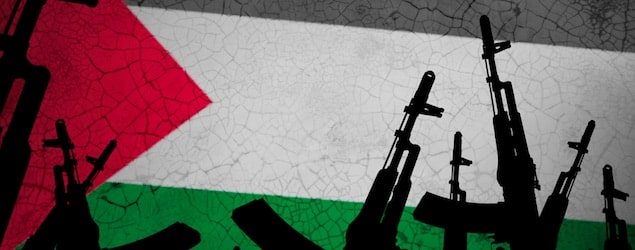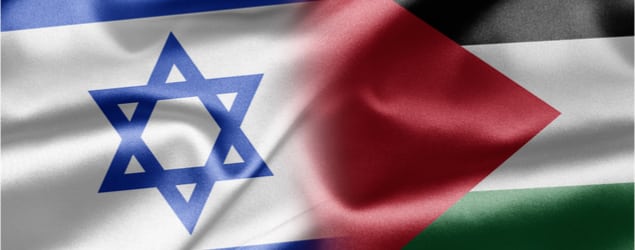Culpability for Palestinian Aggression

When they read about a “wave of knife, gun and vehicular attacks targeting Israeli soldiers and civilians,” most people recognize it as murder or, broadly, terrorism. But in a fascinating report, the Washington Post underscores how “Palestinian society struggles with” how to describe such murderous assaults. Some portray the “operations” or “incidents” as an “awakening”; or an “upheaval”; the perpetrators as “desperate”; “children”; “victims”; “heroes”; “martyrs.” Such evasive warping of language points to an uncomfortable truth: two thirds of Palestinians in a recent poll expressed their support for the wave of attacks.
The story raises a question: what’s the culpability of Palestinian leadership? Naturally, as the Post explains, it has been “careful to neither openly support nor oppose the attacks.” You could argue that a televised statement welcoming “every drop of blood spilled in Jerusalem” and claiming “every martyr will be in heaven” constitutes non-open support for the attacks. That argument, though, is risible. But what would it mean if they did oppose the current wave of attacks? Could any one take it seriously — given their longstanding campaign of indoctrination that glorifies and encourages violence.
A few examples. By far one of the most potent means of such indoctrination is schooling. Just the name of your school is often laden with value significance. Whereas many American school children attend schools named after admired presidents (Jefferson, Washington) and cultural heroes (Martin Luther King), schools run by the Palestinian Authority have been named after “martyrs” and noted terrorists. Sometimes the faces of such “martyrs” are depicted in murals and in school insignia. Inside the classroom, students are assigned textbooks that deny the legitimacy, sometimes even the physical existence, of Israel. The fight against the latter is often presented as a sacred duty, a jihad. It is a struggle that must go on until resurrection day, and those who join the struggle are said to be “worthy of a great reward from Allah.”
One recurring feature on Palestinian TV is the extolling of “martyrs” to the cause. For example, Dalal Mughrabi led an attack within Israel involving a hijacked bus in 1978; she and her team put to death 37 civilians (twelve of them children). Television documentaries have been made in her honor. In a program for kids broadcast by Hamas, a bunny called Nassur chats with a girl in the studio and viewers who call in by phone. One segment concerns this topic: how to rid the land of Israelis. Bottom line: unless they leave on their own, they’ll have to be chased away, and, the cheerful bunny adds, “we’ll have to [do it] by slaughter.”
Clearly terrorists choose to carry out their attacks, and they bear moral responsibility for that. The ideas and slogans drummed into them from every direction, however, certainly play a powerful role in shaping their thought and action.
So even if, in some far-fetched scenario we might dream up, the leaders of the Palestinian cause “openly opposed” such attacks, what moral significance could we really attach to it? For the leaders of the cause, no words of condemnation in the present could begin to undo their profound culpability.
(Originally published on Times of Israel.)
For more news on ARI’s fight for a rational culture, subscribe to Impact Weekly.



